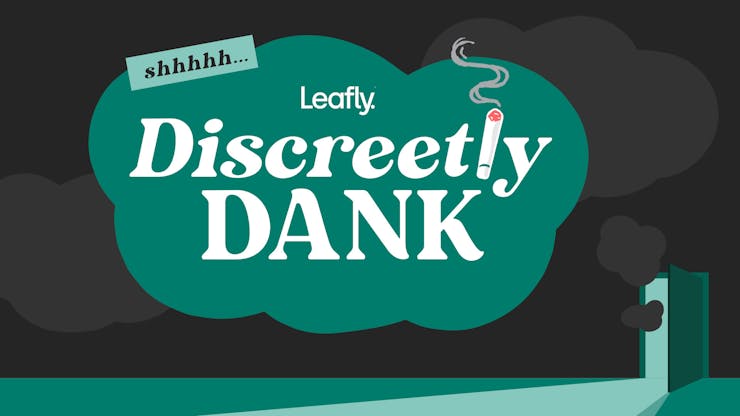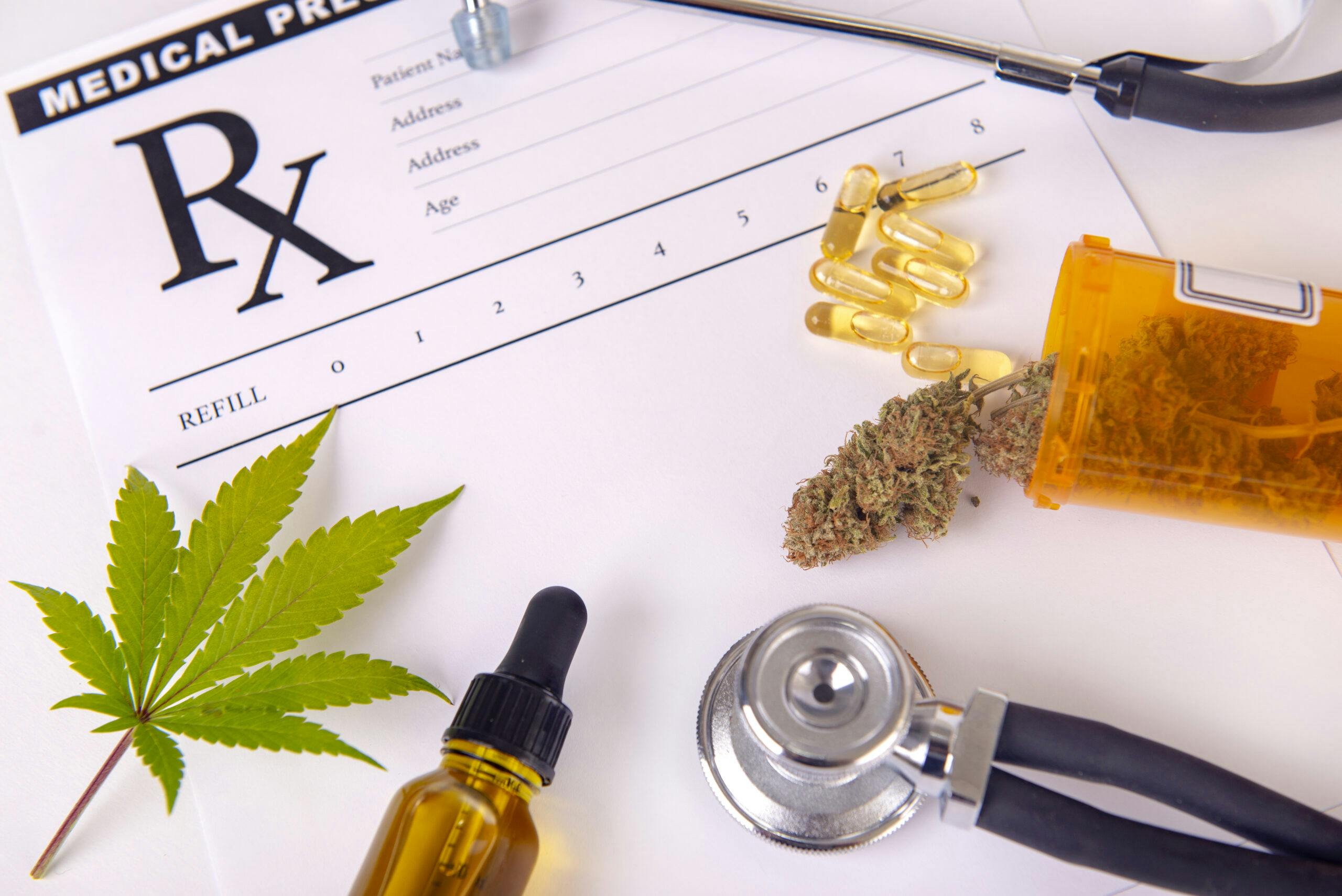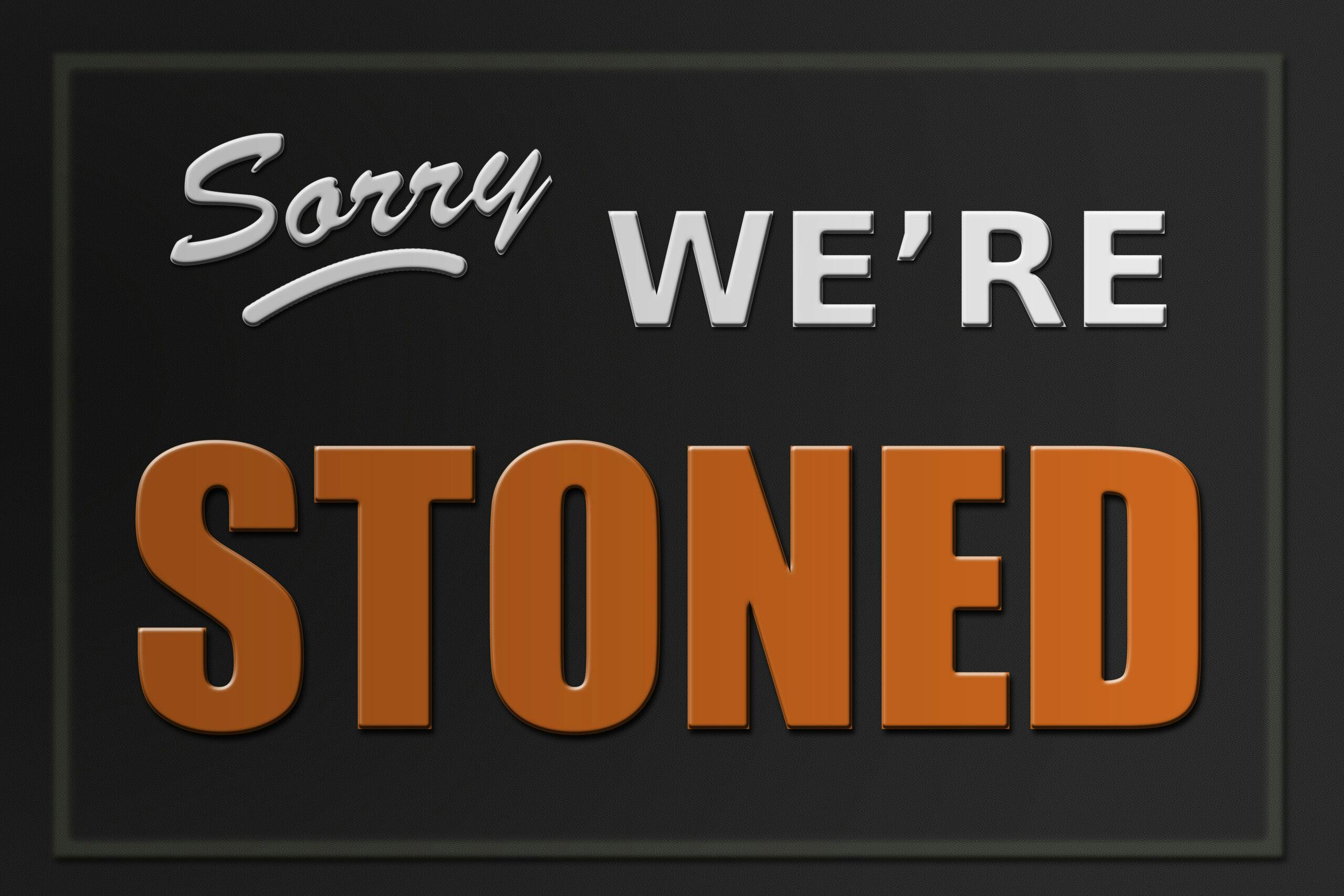Volume 1
Discreetly Dank is a recurring column dedicated to giving a voice to those who dare to be dank. Each volume will come from a different writer in need of a safe space to document what it’s really like to be a weed lover in a world that still hasn’t normalized cannabis.
“Man, I should have had a joint for breakfast today!” a random man jokes to his buddy on their way to work as I’m standing nearby.
I live in Canada, where adult-use cannabis has been legal since 2018 and, often forgotten, medical use has been legal for over 20 years. Weed has so many functions and yet all consumption remains highly stigmatized.
It shouldn’t matter to me, but it does.
Here I am, waiting for the bus at 7:00 am on a weekday, chronic pain through the roof, but still finding a way to get to my job.
My perfectly-rolled “breakfast joint” matches my Liz Lemon dramatic eye roll as I continue to scroll through my phone.
Cannabis isn’t a punchline to me, it’s medicine.
Before weed, I was constantly calling in sick to work. My medications (also doctor-prescribed, might I add) made it difficult to complete basic work or life tasks. So I began walking the tight rope between pain relief and not getting fired. My mental health was a mess, and my physical limitations were still many.
All that changed after I asked my doctor about switching to cannabis to manage my symptoms.
“…as a [cannabis] patient, I thought that there would be an additional level of support and understanding.”
I think about my shift away from narcotics a lot when moments like these happen. With narcotics, I could have never stood here and waited for a bus, let alone made the one-hour trip to the city and attended a day packed full of work meetings.
That’s not the narrative they create when they see me though. They see a pothead, an addict, a joke. And it still stings; the judgement, the stares, the snide comments.
I was a cannabis patient before legalization, and I honestly thought legal weed would make this stigma better.
It didn’t.
You shouldn’t have to work in weed to accept it
On the surface, I am living my dankest life out loud. I have a career in legal cannabis and am open with my friends, family, and coworkers about my consumption.
Shop highly rated dispensaries near you
Showing you dispensaries nearBut underneath that is a woman who still feels deeply ashamed about partaking in the plant medically, recreationally, and all the uses in between.
Don’t get me wrong, if I want to smoke a joint at 7 am for shits and giggles, I shouldn’t be judged for that either. But as a patient, I thought that there would be an additional level of support and understanding. Almost like society would magically overcome decades of prohibition propaganda and throw me a parade for choosing weed over opioids.
Instead, what I got was:
- a difficult conversation with my parents
- a questionable corporate layoff
- and an expensive monthly prescription that the government, and most insurance companies, won’t cover.
Honestly, if cannabis hadn’t been so successful in treating my conditions, I would have given up within the first month. Learning how to use cannabis medically was confusing, expensive, and inaccessible.
But there is no guidebook for medical cannabis. Not even for the doctors, let alone patients.
Stigma and shame are an exhausting burden to carry
As far as patients go, I am the exception and not the rule. A few years in the industry connected me with the best doctors and community groups out there. I finally was able to balance the right doses, formats, and equipment to manage my symptoms. Medical cannabis changed everything for me.
“Doing dabs was the first-time cannabis made me feel like a drug user.”
The problem is that I shouldn’t have to work in weed to understand it or humanize those who consume it.
The above is by no means my most traumatizing cannabis stigma story, just one of many micro-aggressions that come with being a disabled person who uses any sort of pain management medication. “Do you really need it? I never use more than a Tylenol.”
Good for you, Susan.
If you had told me one day I would be microdosing dabs before work or have a utensil drawer full of black butter knives, I would never have believed it. In fact, when my specialist suggested that I try dabs, it felt like she was asking me to take up crack (honestly, have you ever seen crumble?!).
Smoking weed in public still makes me uncomfortable, but starting dabs as a medical treatment challenged me in places that I didn’t even realize still held stigma and shame.
Overcoming mental hurdles to becoming a cannabis patient
Doing dabs was the first-time using cannabis made me feel like a drug user, and I had to work hard to unlearn the addiction narrative when I first became a patient.
Dabs look like an earthy green version of the crystalized so-called hard drugs I had always seen on TV. I break off a piece, it sizzles, I inhale, and relief sets in. This has to be “bad,” right?
Nope, it actually helps me hold down a full-time job.
“Opening my mind to consuming cannabis daily is still a struggle thanks to stigma, but the truth is that there is more than one kind of medicine.”
Turns out I couldn’t get enough THC from any other format to manage pain effectively (unless I consumed so much MCT oil that it caused painful stomach issues). My own stigma, again, delayed me from getting the treatment I needed.
It’s a real mental hurdle to overcome – medicinal weed. Everything I learned about cannabis as a kid was wrong. What I thought I understood about healthcare and medicine was wrong. I carry this shame every day, along with an added layer of anxiety.
Will I lose another job? Will I ever feel comfortable vaping in front of my parents? Will my new neighbors tell our landlord if we smoke in the backyard? Will this medicine ever feel “normal”?
Opening my mind to consuming cannabis daily is still a struggle thanks to stigma, but the truth is that there is more than one kind of medicine.
Sometimes medical treatment looks like an inhaler, a pill, or a patch. And sometimes, medicine looks like a woman smoking a joint at 7 am before her commute to work.







